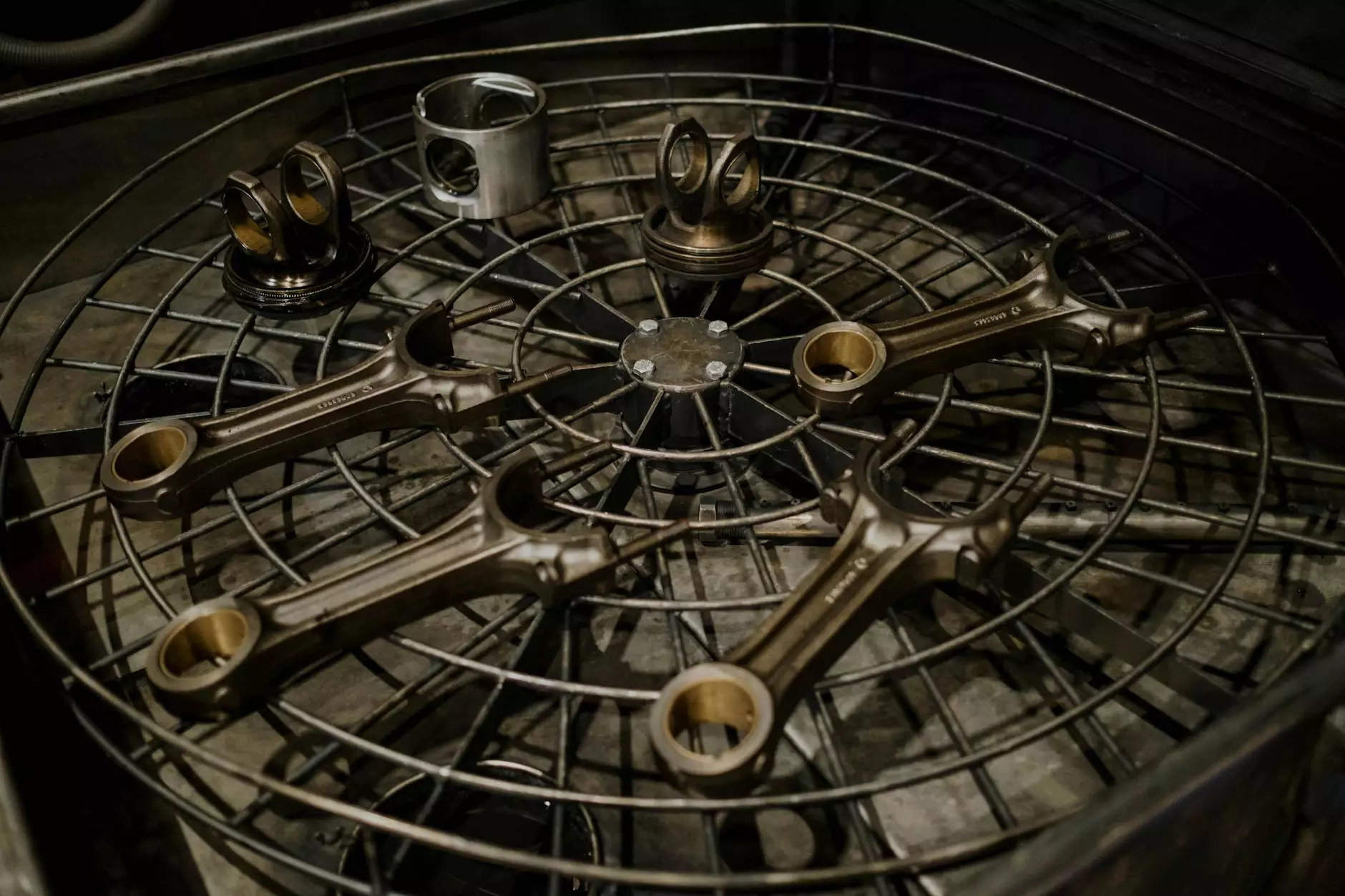Understanding Gearbox Converters: Enhancing Automotive Performance

When it comes to automotive engineering, every component plays a crucial role in the overall performance of the vehicle. One such component that stands out due to its significance is the gearbox converter.
What is a Gearbox Converter?
A gearbox converter is a vital piece of automotive machinery that transfers mechanical power from the engine through the transmission to the wheels. This component is known for smoothing out the power delivery and improving fuel efficiency, thereby enhancing the driving experience.
The Mechanism Behind Gearbox Converters
The fundamental operation of a gearbox converter involves several key elements:
- Torque Converter: This is the heart of the gearbox converter, allowing the engine to rotate at different speeds while efficiently transferring torque.
- Stator: The stator redirects the fluid flow within the converter, maximizing efficiency by increasing torque.
- Pump and Turbine: These components work together to transmit power; the pump engages with the engine while the turbine connects to the transmission.
Understanding the synergy among these components is essential for appreciating how they contribute to a vehicle's overall performance.
Importance of Gearbox Converters in Modern Vehicles
The gearbox converter holds several advantages that significantly influence vehicle dynamics:
- Seamless Transmission: It allows for smooth gear transitions, resulting in a more comfortable ride.
- Fuel Efficiency: By optimizing how power is used, gearbox converters help decrease fuel consumption.
- Performance Improvement: Enhanced torque delivery leads to faster acceleration and better handling of the vehicle.
These benefits make the gearbox converter essential for anyone looking to optimize their automotive experience.
Choosing the Right Gearbox Converter
When it comes to selecting the right gearbox converter, several factors must be considered to ensure compatibility with your vehicle:
- Vehicle Model: Ensure that the gearbox converter is compatible with your specific make and model.
- Engine Size: The size of your engine can affect which gearbox converter will work best. Larger engines may need more robust converters.
- Driving Style: Consider your driving preferences—do you favor sporty driving or are you more inclined toward fuel efficiency?
These considerations will help you make an informed decision that best meets your automotive requirements.
Common Issues with Gearbox Converters
Like any mechanical component, gearbox converters can face issues over time. Here are some common problems encountered:
- Slipping: This can occur due to worn clutches and can lead to reduced performance.
- Overheating: Insufficient transmission fluid can cause overheating, which affects the converter's efficiency.
- Noisy Operation: Unusual sounds can indicate internal problems within the gearbox converter.
Awareness of these issues can help drivers understand when to seek professional assistance or consider replacement options.
Maintenance Tips for Gearbox Converters
To ensure your gearbox converter functions optimally, regular maintenance is key. Here are some tips to keep your vehicle in top shape:
- Check Fluid Levels: Regularly inspect transmission fluid levels to prevent overheating.
- Change Fluid Periodically: Follow manufacturer recommendations for fluid changes to avoid contamination and degraded performance.
- Monitor Vehicle Performance: Pay attention to any changes in how your vehicle operates; early detection of issues can save time and money.
The Future of Gearbox Converters in Automotive Technology
As automotive technology continues to evolve, the role of the gearbox converter is becoming increasingly sophisticated. Advancements in hybrid and electric vehicles are influencing how these converters are designed and utilized. Today’s market trends suggest:
- Increased Integration: Gearbox converters are being integrated into more complex systems for enhanced performance.
- Greater Efficiency: New technologies are focusing on minimizing energy loss to boost efficiency.
- Smart Technology: With the rise of smart vehicles, gearbox converters are adapting to work alongside advanced driver-assistance systems.
Keeping abreast of these trends is crucial for automotive professionals and enthusiasts alike, as they herald exciting developments in vehicle capabilities.
Shenghai Auto Parts: Your Source for Quality Gearbox Converters
At Shenghai Auto Parts, we understand the importance of high-quality components in ensuring your vehicle operates smoothly and efficiently. We take pride in offering a wide range of gearbox converters that meet the specific needs of various vehicle models.
Our commitment to quality means that every gearbox converter is rigorously tested to meet industry standards. We understand that automotive performance is a priority for our customers, and we strive to provide parts that not only meet but exceed those expectations.
Conclusion
In summary, the gearbox converter is a critical element of automotive design that cannot be overlooked. From enhancing performance and efficiency to ensuring a smooth driving experience, its role is integral in the modern vehicle. By choosing the right gearbox converter, staying aware of potential issues, and investing in quality components from trusted suppliers like Shenghai Auto Parts, drivers can significantly enhance their automotive experience.
Whether you are a seasoned mechanic or a casual car enthusiast, understanding the capabilities and functions of the gearbox converter will empower you to make better choices regarding your vehicle's upkeep and performance.









